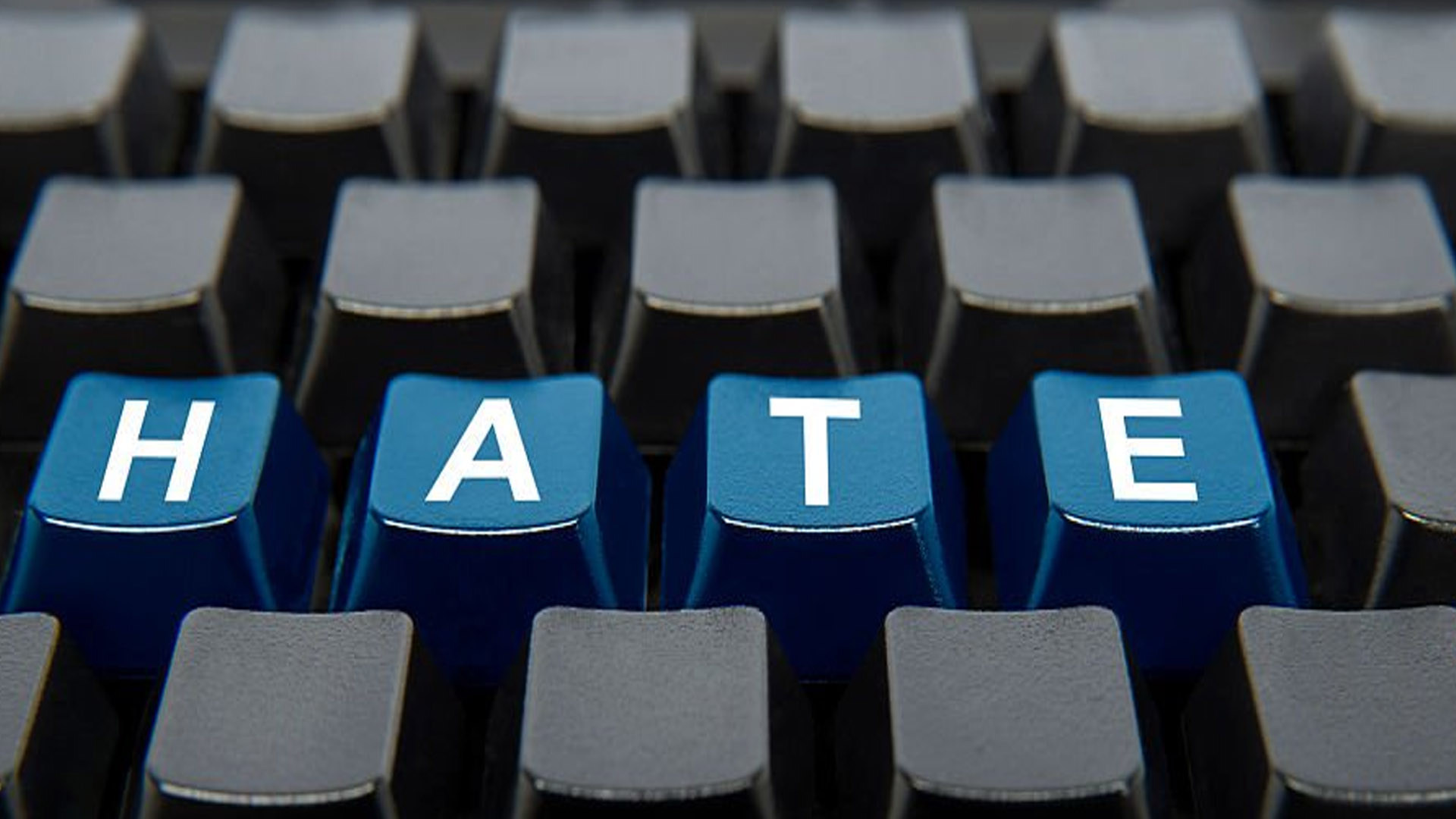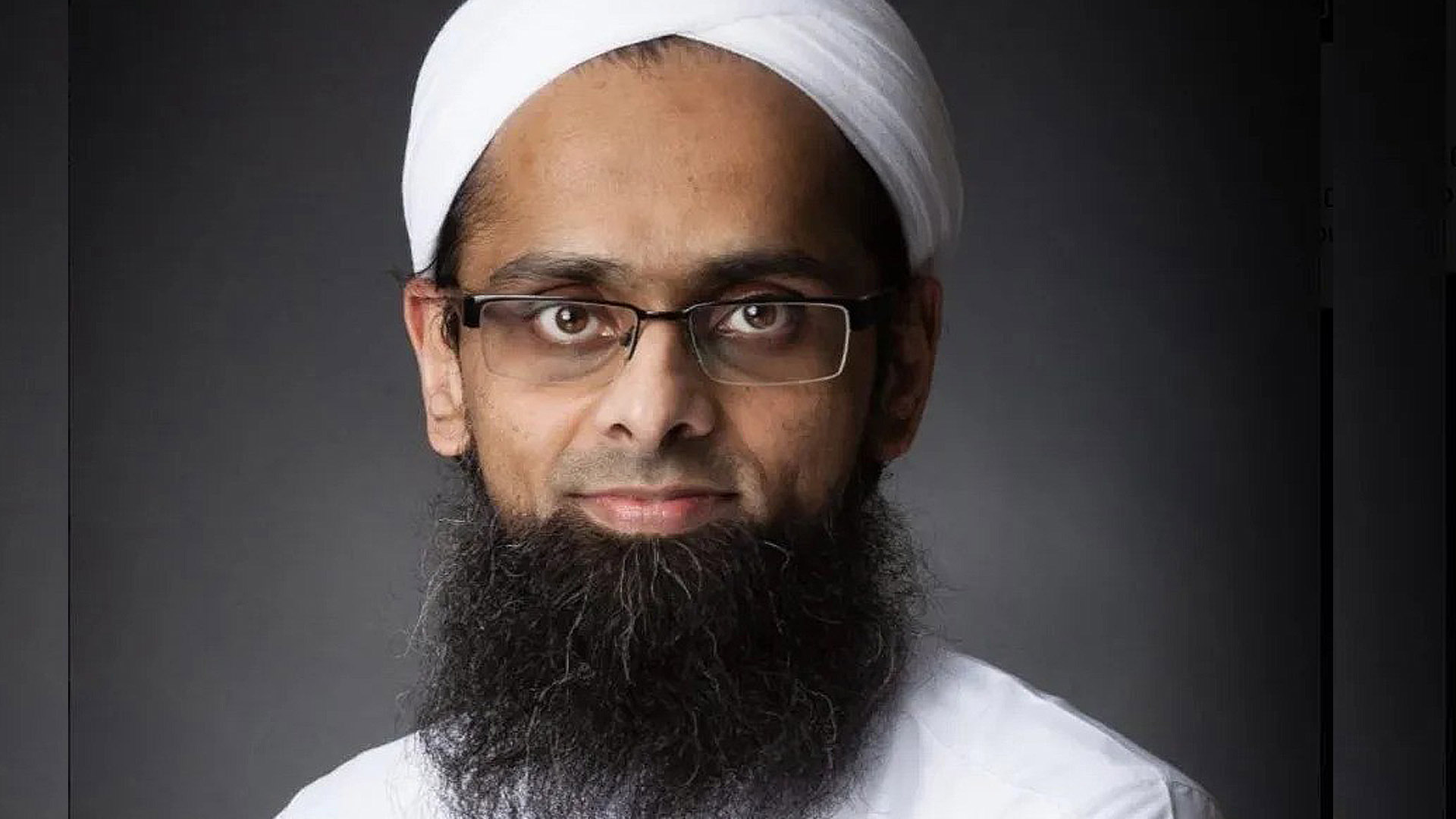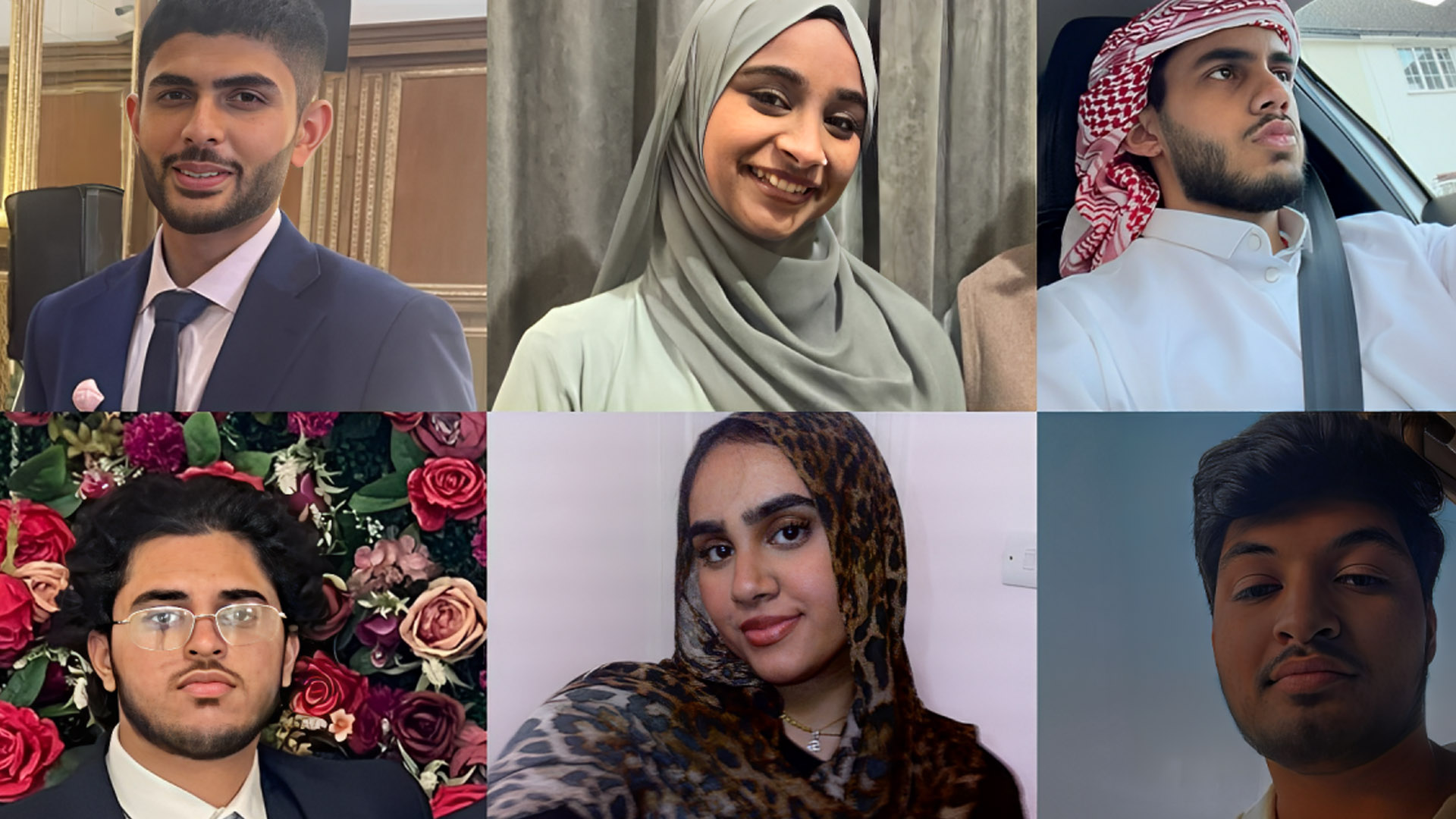
Muslim advocacy groups urge action against rising anti-Muslim hate ahead of the UN’s March 15 Islamophobia Day. In a joint statement, including the UK’s MCB, they condemned social media for spreading anti-Muslim rhetoric, which fuels real-world violence.
The statement marks six years since the Christchurch Mosque attacks, which killed 51 worshippers, and comes amid rising Islamophobia. In the UK, 2024 Southport riots saw mobs attack mosques in 27 towns. Home Office data shows Islamophobic assaults surged 73% last year, with Muslims making up nearly 40% of religious hate crime victims—the highest since 2012.
Maswood Ahmed, MCB Deputy Secretary General, criticised successive UK governments for failing to tackle Islamophobia, saying they have “diminished, delayed, or outright denied meaningful action.” While welcoming the government’s commission on defining Islamophobia, he stressed the need for both “this definition and an independent monitoring body that truly reflects the lived experiences of Muslim communities.”
Ahmed also highlighted the link between online hate speech and real-world violence. He warned that tech companies are failing to prevent harm: “The traumatic events of 2024 demonstrated how quickly online hate can escalate into real-world violence against Muslim communities. Social media companies must take immediate responsibility for the harmful content they host and profit from, at the expense of minority groups who bear the brunt of this hate. Their platforms are being weaponised to target Muslims and other minorities, yet the removal of such content remains woefully deprioritised.”
The statement cited research on social media inaction. A 2022 Australian study found only 14.83% of flagged anti-Muslim tweets were removed, while a 2023 Estonian report showed anti-Muslim hate made up 15% of reported posts on major platforms. Yet, content removal remains a low priority, allowing harmful rhetoric to persist.
The consequences of this inaction were starkly illustrated by the Center for the Study of Organized Hate’s (CSOH) “Streaming Violence: How Instagram Fuels Cow Vigilantism in India.” The report discusses how the platform promotes communal violence against Muslims, particularly by Hindutva nationalists. PBS found that “close to a third” of 1,000 tracked Instagram accounts shared videos of brutal assaults, with many allowed to fundraise. In 2023, The Intercept reported Facebook approved ads “dehumanizing and calling for violence against Palestinians.”
Online hate also fueled the 2017 Québec Mosque shooting. Canada’s Senate Human Rights Committee warned that rising hate is “facilitated by both mainstream and extremist social media,” enabling thousands of extremist groups.
The statement also referenced the 2024 riots in the UK, where misinformation spread on social media following the Southport stabbings. This led to widespread anti-Muslim violence and hate crimes, showing how unchecked online hate can quickly escalate into real-world harm.
In response, advocacy groups worldwide—including the Committee Justice & Libertés Pour Tous in France, the Council on American-Islamic Relations (CAIR), and the Islamic Women’s Council of New Zealand—are demanding that social media companies take concrete action.
While social media companies generate vast profits, they have largely remained passive in addressing the spread of Islamophobia on their platforms. Advocacy organisations argue it is no longer acceptable for social media giants to act only after harm has been done. Immediate, enforceable measures are needed to prevent online platforms from becoming breeding grounds for hate, incitement, and violence.

